History of Quebec
Let us discover the history of unique people on the American northern continent, strong and proud of its Amerindian, French and British roots, a rich patrimoire by its past, characters and important events of Quebec.
It was once...
The Quebec
Sent by François 1st, king de France, Jacques Cartier(1) approaches Gaspé in 1534 and takes possession a territory lived since millenniums by the Amerindians and the Inuits. Then in 1608, Samuel de Champlain(2) accosts on the bank the North of the St. Lawrence river, in a place which the Indians call Kébec. In 1642, Paul Chomedey de Maisonneuve(3) founds a small mission of evangelization that he baptizes Ville-Marie and who will become Montreal at the end of the XVIIIe century.
The expansion of the Nouvelle-France accelerates between 1660 and 1713. During the French-English war, the armies of Wolfe besiege Quebec. The battle of the Plains of Abraham(4) marks the defeat of the troops of Montcalm, on September 13th, 1759. Four years later, by the treaty of Paris, king of France yields to “Its British Majesty, in any property, Canada with all his dependences”. This transfer involve towards the New World an important immigration of English, Irish and Scottish colonists.
In 1791, the constitutional Act of Canada establishes two provinces: High-Canada (l' Ontario), in anglophone majority, and Low-Canada (Quebec), in francophone majority. From 1837 till 1838, the Rebellion of the Patriots of Low-Canada ends in a cutting defeat in front of the English army. In 1867, the signature of the Act of British North America devotes the federation of the provinces of Canada, which counts then Quebec, Ontario, New-Brunswick and the New-Scotland.
Till the beginning of the XXth century, the Quebecois economic life is closely bound to the agriculture and to the forest industry(5)(6). Thereafter, the process of urbanization accelerate and the growth of the manufacturing sector attracts the rural ones towards the cities. In this period, Quebec continues to welcome immigrants, for the greater part European origin, who flee the wars and the misery.
The Sixties mark the beginning of the “revolution tranquille” while 10 years later, the debates around the question of the preponderance of French crystallize. In 1976, the Quebecois Party, steered by René Lévesque(7), is elected. Four years later, the population rejects, by way of referendum, the project of sovereignty-association with the federal government; a similar project will be again rejected in 1995.
Enjoying a high level of life, Quebec possesses plentiful natural and energy resources. It is distinguished in the sectors from the genius, transport, telecommunications, the aeronautics and the aerospace industry, of research and the medical care, the data processing and the biotechnologies. It exports approximately 40% of its production, mainly in the United States.
The Quebec of today asserts like a modern state, resolutely turned towards the future.

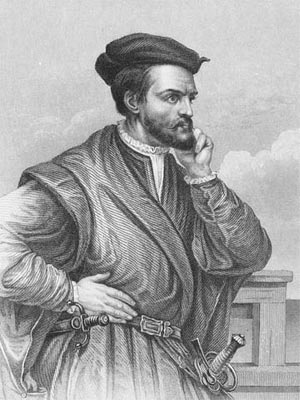
Jacques Cartier
(1)

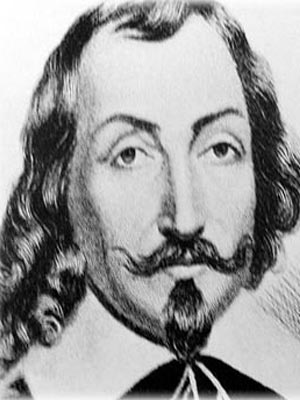
Samuel de Champlain
(2)

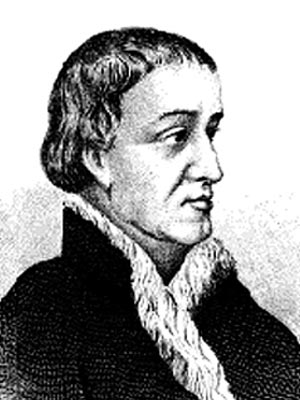
Paul Chomedey de Maisonneuve
(3)

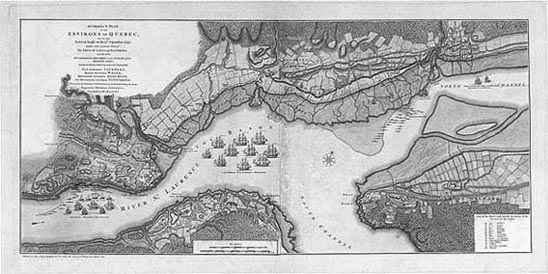
The battle of the Plains of Abraham
(4)

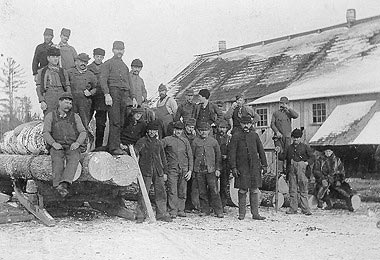
Exploitations forester
(5)

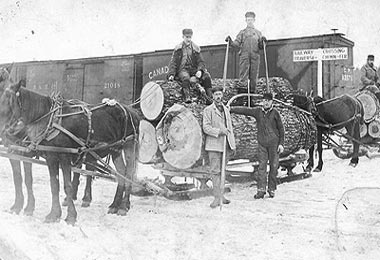
Exploitations forester
(6)

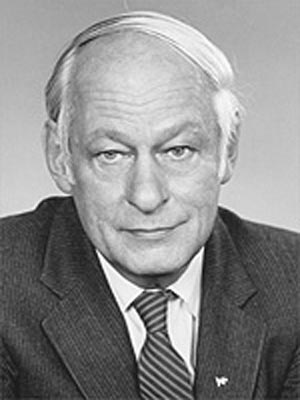
René Lévesque
(7)
Top of page
Top of page

 Français
Français English
English











 The history of the New-France
The history of the New-France Historic chronology of Quebec
Historic chronology of Quebec History and heritage of Quebec City and region
History and heritage of Quebec City and region Archival library National of Quebec (BANQ)
Archival library National of Quebec (BANQ) Archives of Montreal
Archives of Montreal Heritage of Eastern Townships
Heritage of Eastern Townships